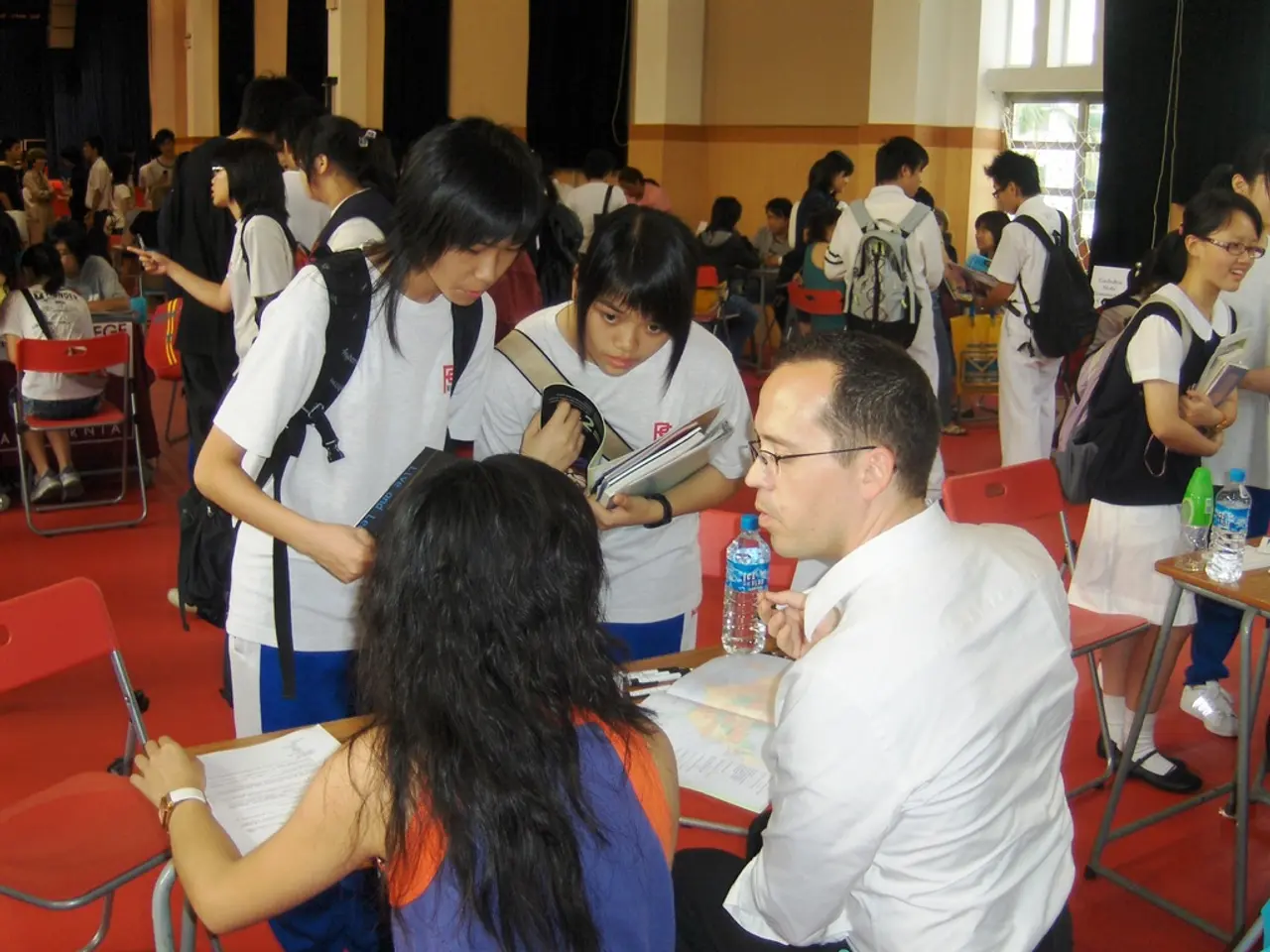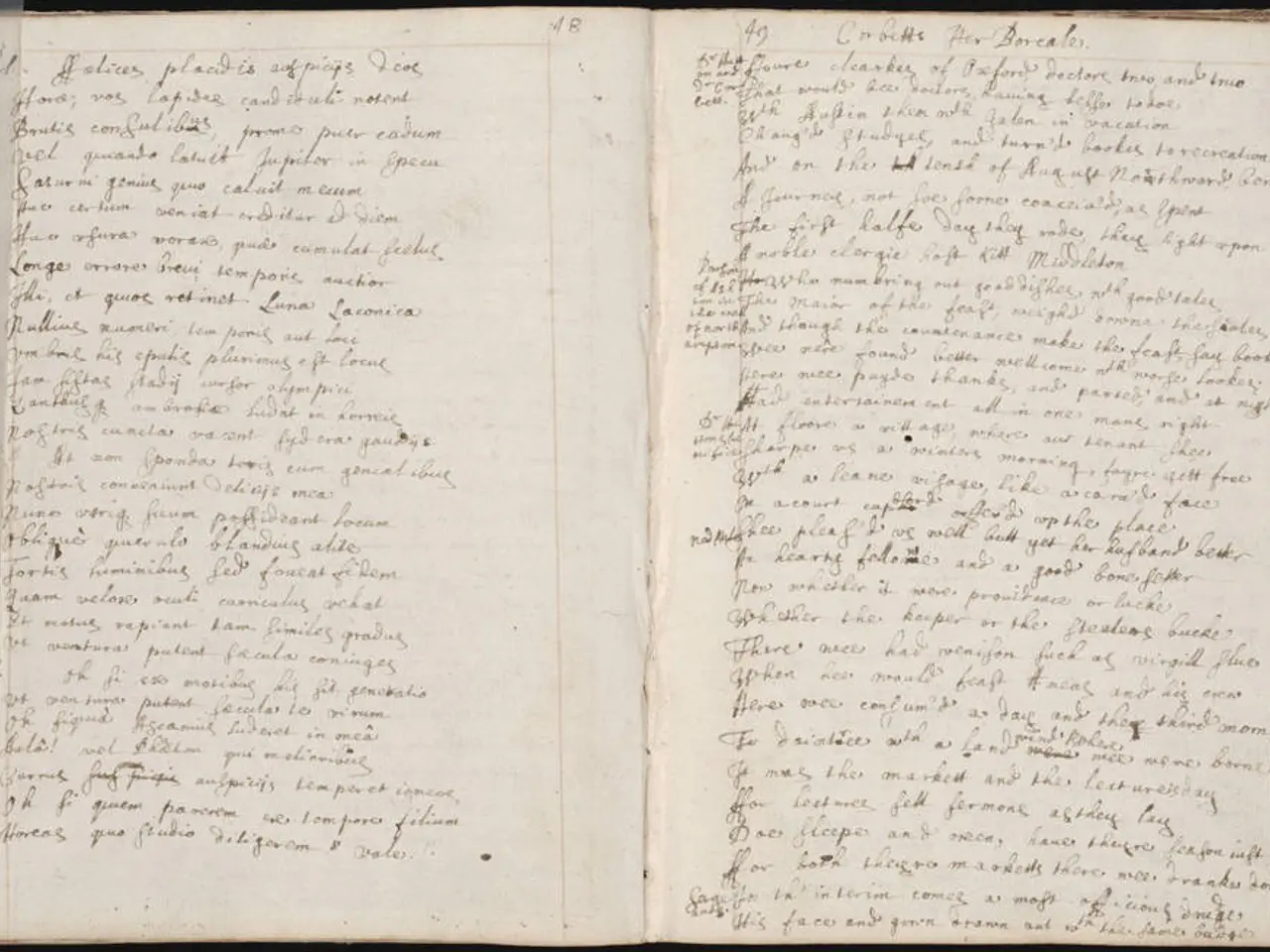Humans are Entitled to Truthful Information: A Discourse
In an unprecedented move, a 22-year-old computer science and journalism student at Princeton University, Edward Tian, has developed an innovative app named **GPTZero**. This groundbreaking tool aims to combat the misuse of the AI tool ChatGPT by identifying text written by artificial intelligence.
GPTZero employs two key metrics, **perplexity** and **burstiness**, to analyse text. Perplexity measures the spontaneity or complexity of sentences, with AI-generated text tending to be more straightforward and less complex, while human writing often shows more variability and unpredictability. Burstiness examines variations in sentence length and structure; humans tend to write with more bursts of diverse sentence patterns compared to AI, which often produces more uniform sentences.
Users can copy and paste text into GPTZero, which scans it at the sentence, paragraph, and document levels to provide scores indicating the likelihood that the text was AI-generated or human-written. The app also incorporates AI vocabulary identification and plagiarism checking to enhance the reliability of its analysis.
GPTZero supports various formats, including documents, PDFs, and image files, and integrates with platforms like Google Docs and Google Classroom, making it accessible for educators, writers, and businesses. This broad adoption underscores its role in promoting academic and professional integrity by detecting potential AI-generated content.
While GPTZero is reported to be highly accurate (claimed 99% accuracy) and user-friendly, some users note occasional errors such as false positives or negatives, which means the tool can sometimes misidentify human-written text as AI-generated or vice versa.
Edward Tian's primary motivation for creating GPTZero is transparency, aiming to help identify whether a text is written by a human or an AI system. Tian's secondary purpose for GPTZero is to incentivize originality in human writing.
Before his recent efforts, Tian's biggest plans were graduating college and getting his wisdom teeth pulled. However, the unexpected popularity of GPTZero, which even crashed the hosting platform, has led Tian to focus on improving GPTZero and making it a better, more accurate product.
While some in the technology world question the significance of ChatGPT plagiarism, others express concerns about the impact on education and writing. Notable figures like Elon Musk and Marc Andreessen have made flippant comments about ChatGPT and its implications for education. Despite this, Tian is not trying to stop AI but rather build safeguards for its use, and he opposes blanket bans on ChatGPT.
Interested teachers or educators can contact Tian and his team to discuss the app. GPTZero can be found at [https://gptzero.me/](https://gptzero.me/). With GPTZero, Tian is not only contributing to the ongoing conversation about AI but also providing a practical solution to maintain the integrity of human writing in an increasingly AI-driven world.
- The development and implementation of GPTZero by Edward Tian signifies the fusion of technology, education, and self-development, as it strives to promote academic and professional integrity by identifying AI-generated content.
- GPTZero leverages artificial intelligence in its unique approach, employing metrics like perplexity and burstiness to differentiate between text generated by AI and that written by humans, offering valuable insights for the field of science.
- The truth regarding the extent of AI's influence on writing and education is being challenged by the emergence of innovative tools like GPTZero, sparking debates among technology leaders and educators alike, with figures like Elon Musk and Marc Andreessen voicing their concerns about its impact on the education system.




